Physics talk: From cosmology to climate change
Welcome to Physics 2nd October 2020
This is a recording of a talk given over Zoom in summer 2020. We organised four of these webinars for students who had received offers to join us as physics undergraduates. They’re all delivered by our lecturers on areas of their research.
From Cosmology to Climate Change
How do you go from looking for dark matter to researching the carbon footprint of your breakfast? Cosmologist Prof. Sarah Bridle explains.
Speaker bio – Prof. Sarah Bridle
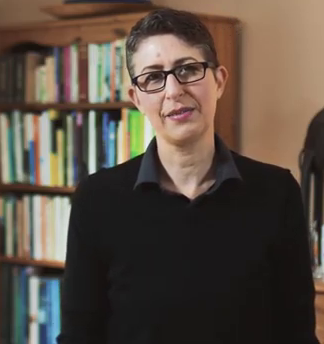
Professor Sarah Bridle is a cosmologist who’s researching climate change. She says: “I have been studying dark matter and dark energy for the last 20 years, but when my kids started school I started to think about our own planet in the next 20 years and beyond. I learned about climate change properly for the first time, how it threatens worldwide food production, and how food causes about a quarter of all global warming. I wanted to know how much each of my food choices was contributing, and why.”
In addition to her research, Prof. Bridle teaches UoM’s Physics of Energy Sources module. This is a first year Physics course introducing solar energy and the greenhouse effect, our energy requirements, and the renewable and nuclear energy sources that can help address them.
Watch the video
You can see the talk at the University’s video page.
You can also check out her TedX talk, ‘Eating Our Way Out of Climate Change’:
Food and Climate Change: Without the Hot Air
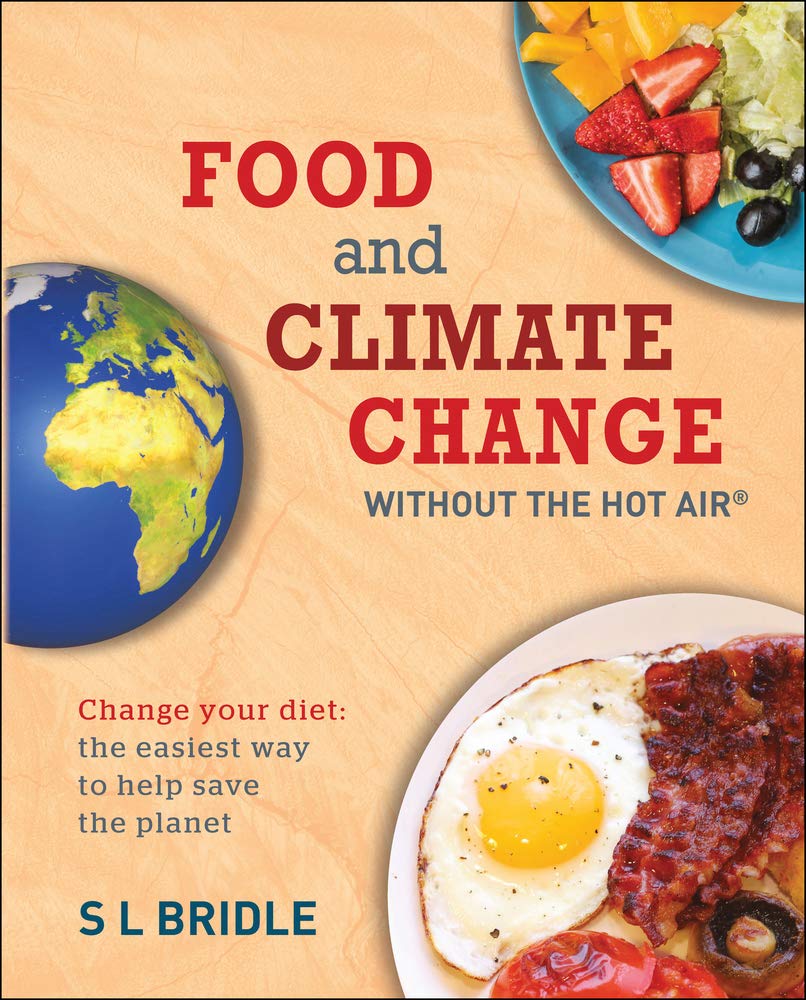 Prof. Bridle has recently published a book on her research, Food and Climate Change: Without the Hot Air.
Prof. Bridle has recently published a book on her research, Food and Climate Change: Without the Hot Air.
“I delved into the academic research literature, and summarized the results in simple charts. The charts make it easy for the non-specialist to see the impacts of different meal options, and show that some easy food switches can reduce food greenhouse gas emissions by 90 percent. Most of us make many food choices every day, and by changing these we can significantly reduce climate change caused by food, and free up land that can be used to help reduce climate change overall.”
It’s free in Kindle format, or in epub format, or you can order the paperback from Blackwells or your local bookseller.


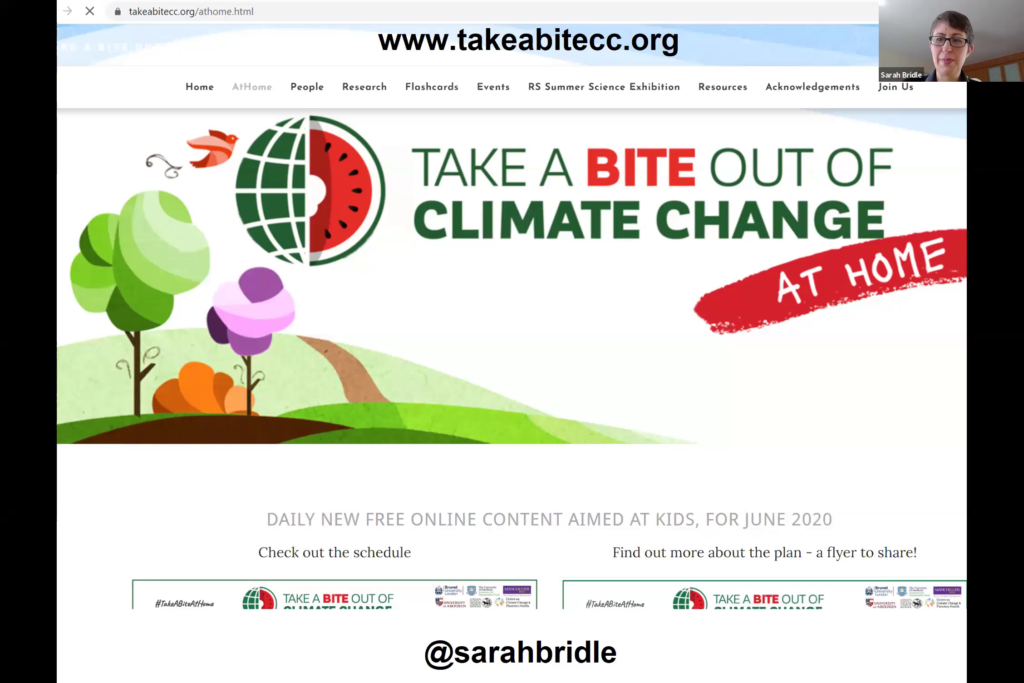
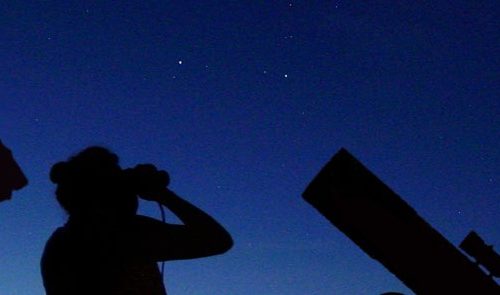
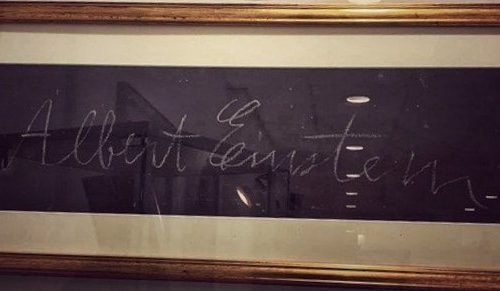
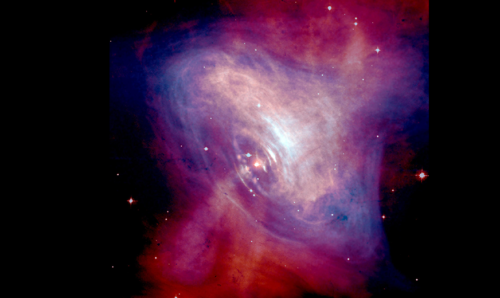
Leave a Reply